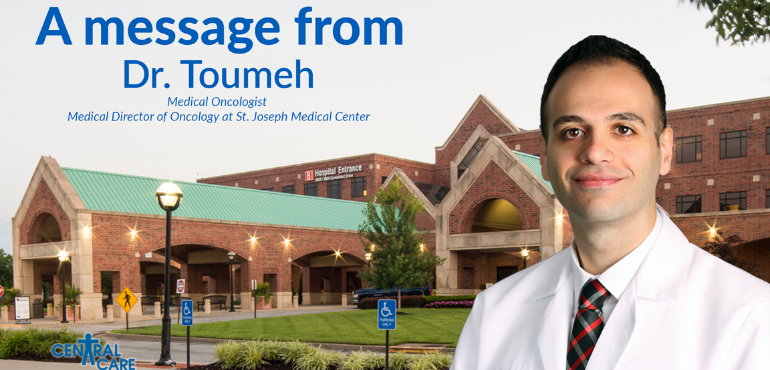Lung Cancer Awareness Month
The list of cancers that we can prevent, screen for, and treat effectively is not long, and lung cancer has certainly not been on that list for long. It is amazing to me to be able to witness and live through various advancement in screening and treatment of lung cancer, and all that we do have today, much of my excitement is about what is on the horizon, with a lot of promising potentially curative therapies being looked at in the early stages of the disease.
I strongly believe in prevention to be at the forefront of success against cancer. While smoking continues to be the most common risk factor for lung cancer, current smoking has declined from 20.9% in 2005 to 14.0% in 2019 in the US, and the proportion of ever smokers who have quit has increased, according to the CDC. More work needs to be done of course as lung cancer continues to be the leading cause of cancer death in the US, but this trend is definitely promising.
Many years of unsuccessful screening trials preceded the publication of the National Lung Screening Trial (NLST) and, later, the European NELSON trial. Both trials showed that compared to CXR screening or no screening, low dose CT screening resulted in significant mortality reduction from lung cancer in the screened population of heavy smokers. Currently, the United States Preventative Services Task Force (USPSTF) recommends annual screening for lung cancer with low-dose computed tomography (LDCT) in adults aged 50 to 80 years who have a 20 pack-year smoking history and currently smoke or have quit within the past 15 years. I have seen many patients who came to see me with stage 1 or 2 lung cancer ONLY because they had a screening CT scan. Despite its efficacy, the national uptake on lung cancer screening has been far from optimal. Having guidelines is one thing, and practicing the guidelines is another. It does take a lot of effort to implement a successful screening program. Commitment of policy makers, hospital leadership, and primary care and other healthcare providers, and development and implementation of strategies tailored to local communities are keys to success.
Circling back to prevention, I believe that a successful lung cancer screening program is strongly tied to robust smoking cessation efforts. At the end of the day, it is great that we can detect lung cancer earlier and have a better shot at curing it, but wouldn’t it be even better if we can have people live their lives without having to go through a cancer journey with all the physical, emotional and financial burden it brings?
Anis Toumeh, M.D.
Medical Oncologist, Central Care Cancer Center
Medical Director of Oncology, St. Joseph Medical Center
1004 Carondelet Drive. Suite 410, Kansas City, MO 64114
P: 816-381-8051 | F: 833-734-1556



3 Responses